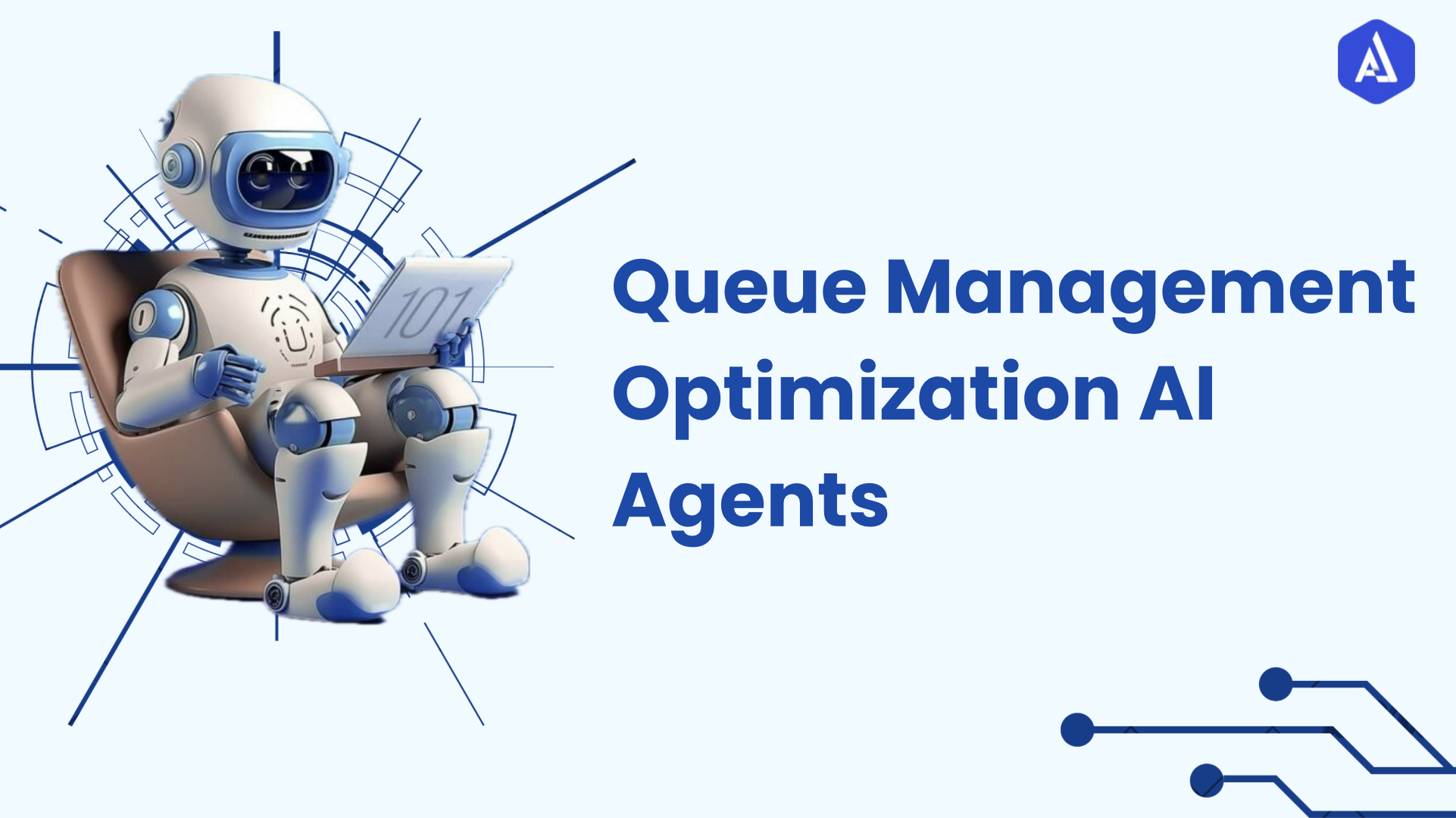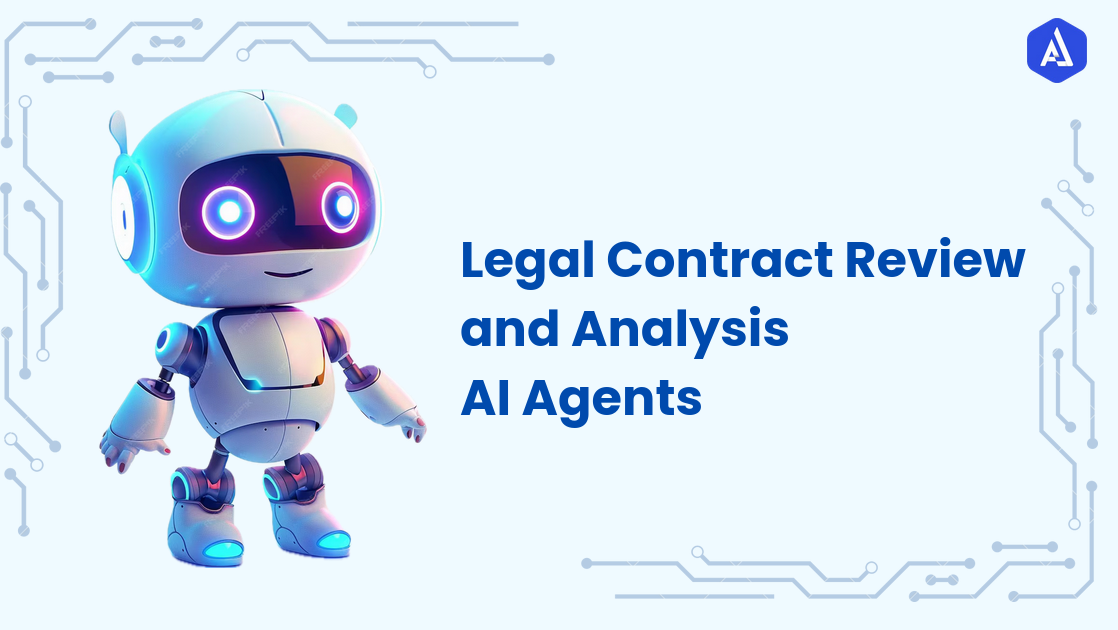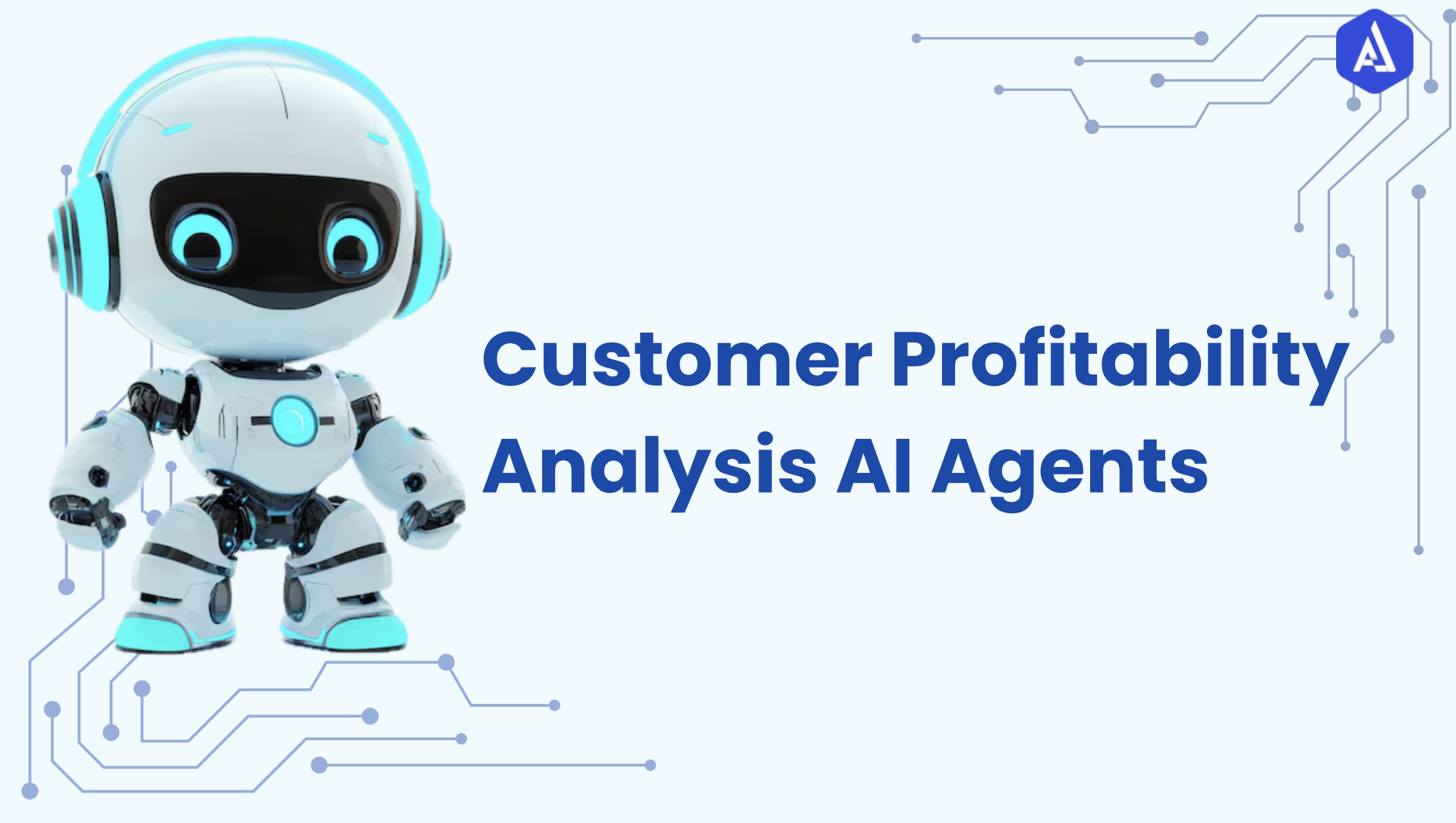Loyalty has become fundamental in the current business environment in order to enjoy long-run gains in competitive organizations. The team has thus designed an AI agent to revolutionize management of loyalty programs. It increases interactions with the targeted customers and manages rewards programs for higher effectiveness, while basing the customers’ experience on their tastes and preferences.
About the Process
Existing Process Overview
The existing loyalty program management process is a multistep process that can cause several shortcomings and problems resulting from manual operations. Here’s a breakdown of the existing process:
-
Data Collection: Customers create data about themselves when they interact with the organizations, and these may include; purchase transactions, feedback surveys, on social media and other forms of communication. However, such data is rarely integrated and analyzed across such systems hence the overall picture might not be well perceived.
-
Customer Segmentation: The customers are classified by the analysts through mail surveys and by cross-tabulation of demographics and purchase records. This is lengthy and the results are often outdated, sometimes a true mirror of customers is not created.
-
Reward Structure Design: Loyalty programs directly target their audience using a ‘blanket’ strategy in which rewards are ready and set and may not be appealing to every individual. Lack of personalization leads to a disengagement:
-
Engagement Monitoring: Every company monitors the activity of customers by using the redemption rates and feedback data, but the obtained information is more oriented to past performance rather than enabling real-time adjustments.
-
Campaign Execution: It prevents marketing teams from making unique offers that customers find most appealing because they work with data and historical analytics to develop campaigns.
Synergizing with an AI Agent
Our proposed AI agent can easily fit into this process and make it more efficient and effective. The AI agent overcomes the need for manual integration of data by offering real-time and end-to-end customer behavioral analysis. They employ the use of adaptive machine learning to ensure that it categorizes customers in real time and ensures that rewards and communications are serviced according to the customers’ affinity. It also tracks engagement consistently, thus aspects like offers can be adjusted throughout the campaigns per frequency. Such integration also makes work more efficient while at the same time affording better opportunities to connect to customers, makes them loyal and generate more business.
Talk About the Agent
Comprehensive Explanation of the AI Agent
Our AI agent is a sophisticated tool designed to revolutionize loyalty program management. Key features and capabilities include:
-
Real-Time Data Analysis: The agent can process vast amounts of customer data instantly, identifying trends and insights that inform strategic decisions.
-
Dynamic Segmentation: Utilizing machine learning, the agent segments customers in real-time based on evolving preferences, ensuring that marketing efforts are always aligned with customer needs.
-
Personalized Rewards: The AI agent crafts individualized reward structures, ensuring that offers resonate with each customer, enhancing their overall experience and satisfaction.
-
Engagement Optimization: By continuously monitoring customer interactions, the agent can adjust strategies on the fly, maximizing engagement and retention.
-
Seamless Integration: The AI agent integrates effortlessly with existing CRM and marketing systems, creating a cohesive approach to loyalty management.
Benefits and Values
Key Benefits of Integrating the AI Agent
Integrating our AI agent into loyalty program management yields numerous advantages:
-
Enhanced Efficiency: Outsourcing of data analysis and segmentation cuts a lot of time as well as effort when undertaking the exercise; thereby enabling the teams to concentrate on key projects.
-
Cost Reduction: In terms of marketing expenses, organizations should integrate the 4Ps strategy for marketing communication and incentives for the targeted clients, to enhance a greater return on assets for the set loyalty programs.
-
Improved Decision-Making: The AI agent gives recommendations shaped from actual time information, enabling the teams to systematically take the right decisions in accordance with the customers and the current market trend.
-
Increased Customer Engagement: Sales interactions or customer relations built are better and personal to maintain customer satisfaction and for them to come back for more.
-
Proactive Churn Management: In this case of churn rate, predictive analytics assist a business to recognize potential customer churn before he or she disengages and take measures to retain him or her in the business.
Use Cases
Scenarios for Application of the AI Agent
Our AI agent can be applied across various industries, showcasing its adaptability and effectiveness:
-
Retail: In retailing the AI agent generates promotions based on past purchases or products that the customer has looked at. For instance, if a customer is more often purchasing athletics clothing and sports wears, the agent will recommend promotional offers on related products increasing the convenience of the customer.
-
Hospitality: In the hotel industry, the AI agent monitors the guest’s activities and visits in the hotel and their preferences and previous accommodation experience to ensure the guest feels welcome to the hotel and offer him/her right suggestions towards the best experience such as good places to visit or good restaurants to dine in.
-
Financial Services: Banks and other financial organizations can use the AI agent in order to provide the specific user with specific rewards depending on his spending. For instance, if a recipient belongs to a regular traveling category, then he would get special promotions in a travel sector, or discounts made for transactions in a foreign currency.
-
E-commerce: In e-commerce, the AI agent learns about customer behavior to sell them more appropriate add-on products at the point of purchase, improving the average order value.
-
Telecommunications: In this case, telecommunication companies can use the AI agent to analyze the usage patterns of their customers and offer personalized plans or upgrades that will give the best options for a given need.
Considerations
The successful implementation of our AI agent for loyalty program management involves careful planning and consideration of various technical and operational factors. Organizations must address these aspects to ensure smooth integration and maximize the benefits of the AI agent. By focusing on data privacy, system compatibility, change management, and performance monitoring, businesses can create a robust framework that supports effective loyalty program management. Below are key considerations to keep in mind during the implementation process.
Technical and Operational Considerations
Successful implementation of our AI agent requires careful planning and consideration of both technical and operational aspects:
-
Data Privacy and Security: Companies need to be very careful with how they deal with customer information, especially on matters touching on privacy and legal policies. Security measures to prevent leakage of information are also important in each decision.
-
Integration with Existing Systems: The operation of the AI agent should be compatible with the current CRM and marketing systems. This may involve some communication with the IT department to fashion out the compatibility of your system with the rest to enable data integration.
-
Change Management: Since the key processes are going to alter, some of the employees may require training to bend to this new change. This is due to the reasons that proper communication about the advantages of using the AI agent can be effective in winning the acceptance of users.
-
Performance Monitoring: It is most important to determine certain indexes to measure the AI agent’s effectiveness. Scheduled testing will assist in evaluating potential for future development as well as guarantee that the agent provides the efficiency the organization requires.
Usability
Description: This section provides a concise step-by-step guide on how to effectively utilize the AI Agent for loyalty program management. Since the agent is already integrated into your system, users can quickly get started by following these five essential steps.
-
Access the AI Agent Dashboard: Log into your account and navigate to the AI Agent dashboard. Familiarize yourself with the interface, including key features and options available for managing loyalty programs.
-
Input and Analyze Customer Data: Ensure that all relevant customer data is available within the system. The AI Agent will automatically analyze this data to generate insights and recommendations tailored to your customer base.
-
Define Segmentation and Personalization Criteria: Set parameters for customer segmentation based on demographics, purchase history, and engagement levels. Use these insights to create personalized reward structures that resonate with individual customers.
-
Monitor Real-Time Analytics and Adjust Campaigns:Utilize the real-time analytics provided by the AI Agent to track customer behavior and engagement metrics. Be prepared to adjust your marketing campaigns dynamically based on the agent’s recommendations for maximum effectiveness.
-
Gather Feedback and Troubleshoot Issues: Encourage customers to provide feedback on their experiences with the loyalty program. If you encounter any issues, refer to the help documentation or support resources available within the dashboard for quick troubleshooting.
By following these five steps, users can effectively leverage the AI Agent to enhance their loyalty program management, ensuring a seamless experience that drives customer engagement and satisfaction.
Talk About the Future
Potential Developments in AI Technology
It can be understood that the advance of AI technology will revolutionize the future of managing loyalty programs. Here are some potential developments:
-
Enhanced Predictive Analytics: Subsequent versions of the AI agent could include additional complex methods of smart analytics for predicting consumers’ requirements and trends.
-
Increased Personalization: Various algorithms indicating greater AI sophistication will progress the management of hyper-personalization, which will allow organizations to address various offers at an individual level.
-
Integration with Emerging Technologies: The AI agent could harmonize with technologies like augmented reality (AR) and virtual reality (VR) to build more engaging loyalty experiences among the clients.
-
Real-Time Feedback Loops: Some newer AI agents could include a real-time feedback mechanism where the customers give their feedback as they interact with any service. This data can be used to improve the existing loyalty strategies constantly.
-
Sustainability Initiatives: Since organizations continue to center on sustainability, AI agents can develop top-tier loyalty frameworks that promote sustainability, suit customer preferences, and increase brand loyalty.
Therefore, our proposed AI agent for loyalty program management shows a new paradigm toward improving customer experiences and increasing customer loyalty. By reducing decision-making cycles, customizing customer interactions, and using real-time data, organizations can deliver a compelling loyalty program that not only meets current consumers’ expectations but also fulfills organizational goals. Fortunately, when it comes to future developments in AI, we can anticipate that the evolution of our agents is going to become increasingly improved, making it easier for us to be on the leading edge when it comes to loyalty program technology.


